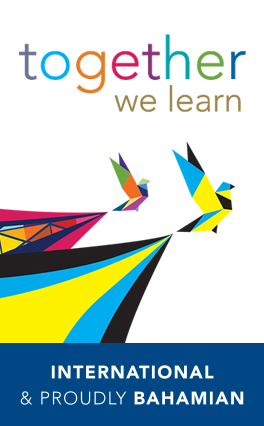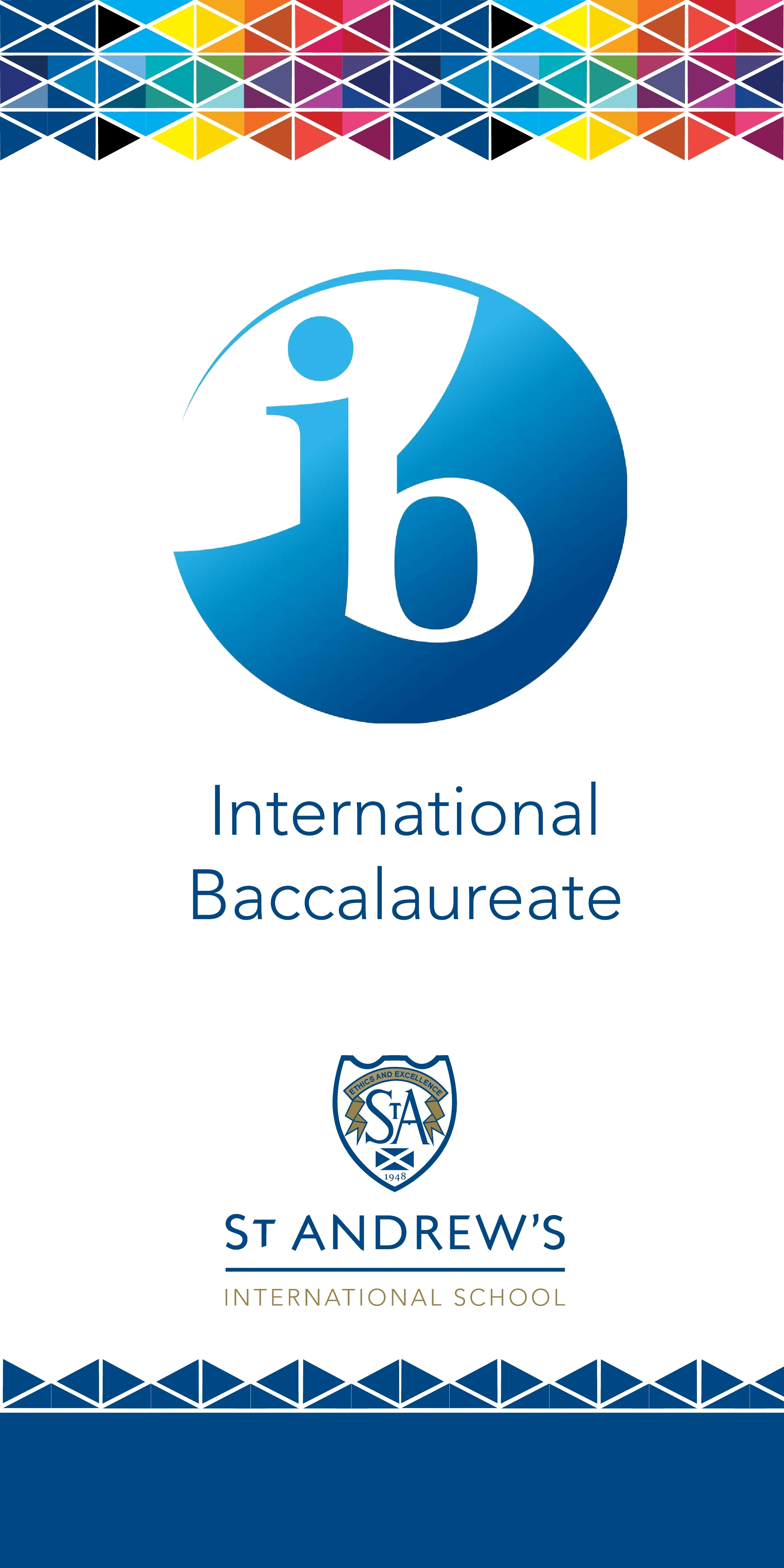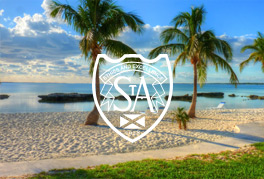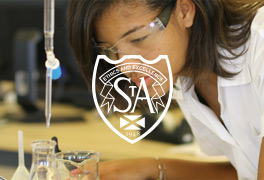
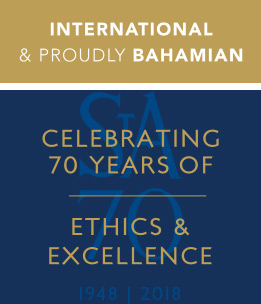
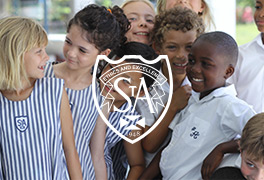
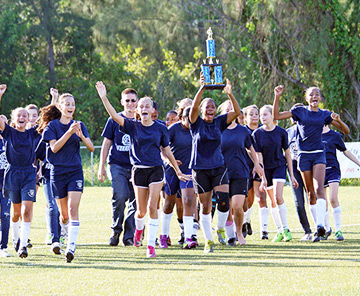
When we say “take the whole journey with us”, we really mean it! Upon joining St Andrew’s School, students begin an educational journey along our IB continuum towards the completion of a course of study that:
- CENTERS ON LEARNERS – The IB’s student-centered programmes promote healthy relationships, ethical responsibility, and personal challenge
- DEVELOPS EFFECTIVE APPROACHES TO TEACHING AND LEARNING – IB programmes help students to develop the attitudes and skills they need for both academic and personal success
- WORKS WITH GLOBAL CONTEXTS – IB programmes increase understanding of languages and cultures, and explore globally significant ideas and issues
- EXPLORES SIGNIFICANT CONTENT – IB programmes offer a curriculum that is broad and balanced, conceptual and connected
Each step along this path builds upon those that have come before so that students are well prepared for what their future might hold.
In the ELC, our youngest learners begin their educational journey in Preschool with the Reggio Emilia Approach. Reggio emphasises hands-on discovery, play based learning that allows the child to use all of their senses and all of their languages to learn. The essential principles of Reggio are closely aligned to that of the IB’s Primary Years Program (PYP) and so students receive a firm foundation upon which to build their skills and knowledge. Students begin the PYP programme in Pk1.
The PYP at St Andrew’s School is designed for students in PK1 to Grade 5. The PYP focuses on the development of the whole child as an inquirer in and out of the classroom. Students across the Primary School engage in units of inquiry that enforce and encourage the use of skills from a variety of subject areas. PYP learners are encouraged to take action in their learning and make meaning of the world around them. The culminating exercise before transitioning into middle school is the PYP Exhibition. The exhibition is a chance for students to apply everything they have learned as a PYP student. The PYP prepares our students well for the St Andrew’s Middle Years Diploma Programme.
Students transition into secondary school at the beginning of Grade 6 and begin studying in our St Andrew’s School Middle Years Diploma programme (MYD). The Middle Years Diploma programme allows students to continue using skills acquired in our PYP and prepares them for the upcoming rigor of the IB Diploma and certificates programme. Just as in the PYP, the curriculum contains many opportunities for students to utilize skills from different subjects and disciplines to complete work and much effort has been spent on creating as many connections across the subjects as possible.
At the Grade 8 level, students complete a major assessment known as the Personal Project and are expected to meet requirements for their Creativity, Activity and Service (CAS) courses as well. The MYD programme is completed in Grade 10 with students sitting either BGCSE or IGCSE examinations in their chosen subjects.
A student’s journey through St Andrew’s culminates in the completion of the IB’s Diploma or Certificates programme. The focus of the programmes at this level are preparation for university studies and life beyond St Andrew’s. Research has shown the effectiveness of the IB’s programmes in doing this, which stems from the fact that the IBDP is the gold-standard of pre-college educational programmes. Our Diploma Programme graduates go on to have very positive experiences in university – particularly in their first year – and some of the top performers have also managed to secure significant scholarships.
This preparation is the result of a very high level of work that is focused on application and analysis rather than memorization and that builds on all of the knowledge and skills gained through the PYP, MYD, and IGCSE courses that have come before it. This, combined with the IB’s Approaches to Learning mean that our IB students are very comfortable with things like teamwork and collaboration, communicating ideas, managing themselves and their time, critical thinking, and conducting research – a skillset that is crucial for success in today’s world.
